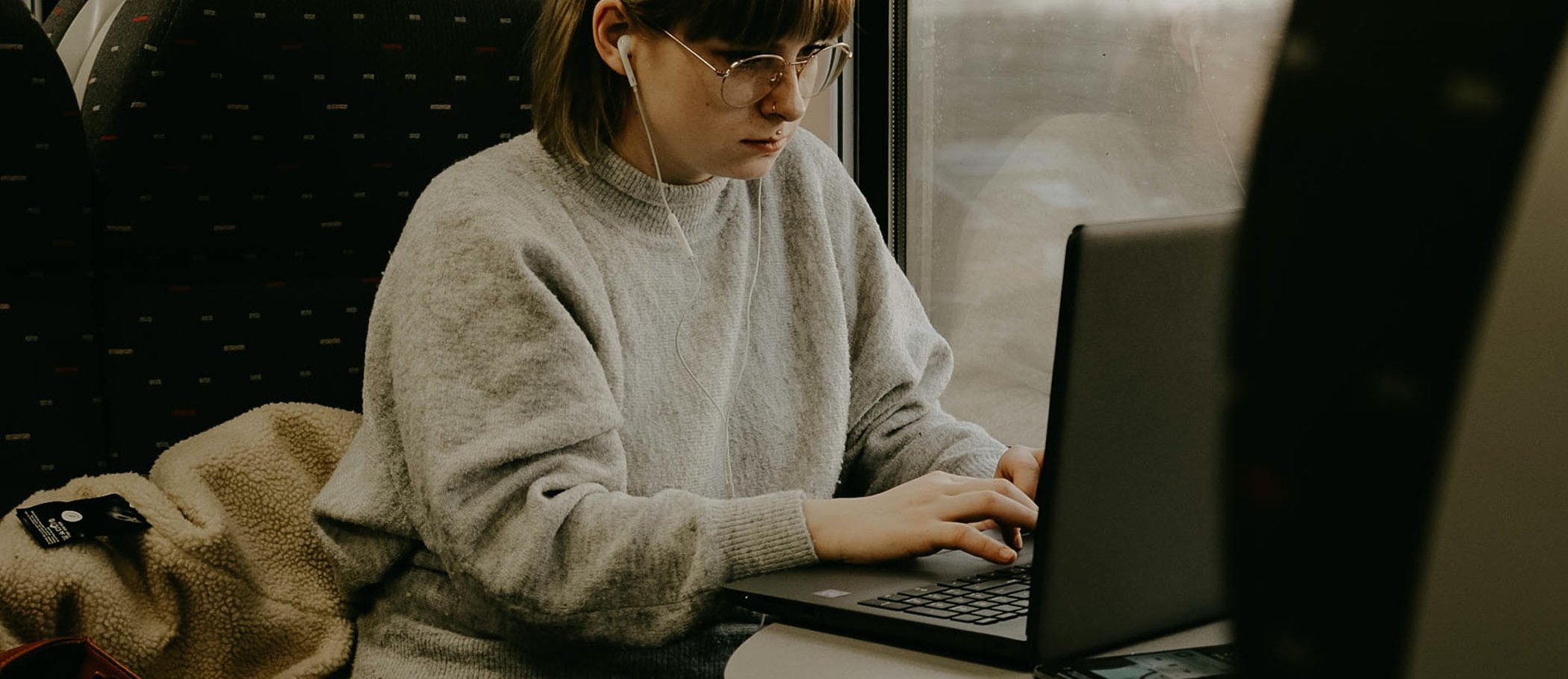Here are some tips to keep in mind when starting your final project
Subject: Multidisciplinary
On 27 October we will be holding a seminar to go over the key ways you can find specialized content for your final project.
Your final bachelor's or master's degree project is not your run-of-the-mill activity; it is the culmination of all your hard work throughout your studies, a chance to put everything you have learned into practice. To help you, we have prepared a list of resources to make the process a bit easier, from selecting and reviewing information sources to using citations and drawing up your list of references.
Final project SOS. Resources and tips for final projects
27/10/2020
6 pm CEST
The next instalment in our online series of seminars, #InfoSkillsUOC: searching for specialized information, will focus on final projects. In this session, we will tell you about some useful resources and give you a few tips on carrying out advanced searches.
The periodic table of final projects
This is an infographic of tools for every stage of your final project: preparation, the search for information, writing your paper and the final defence.
Each section is broken down into categories, for instance apps for recording your presentation, free image banks and design software. We have made it a point to prioritize tools that are free or that offer a cost-free standard option (click on the image for the links to the various apps).
Handy tips for better writing
These five rules of thumb are guaranteed to improve the quality of any academic text and ensure that you get your message across efficiently.
- Plan, write, revise.
- Keep in mind what the text is trying to communicate and stick to the point.
- Make sure the text does not contain linguistic errors.
- Be inclusive: employ gender-neutral language.
- Cite correctly.
How to cite e-resources
How you cite an e-resource depends on its type. For example, digital references like online blogs or videos need to be treated in a certain way; in this interactive information graphic we tell you how.
These resources will help you clear up doubts that tend to arise when drawing up a final project, so you can tackle this academic challenge head on.

